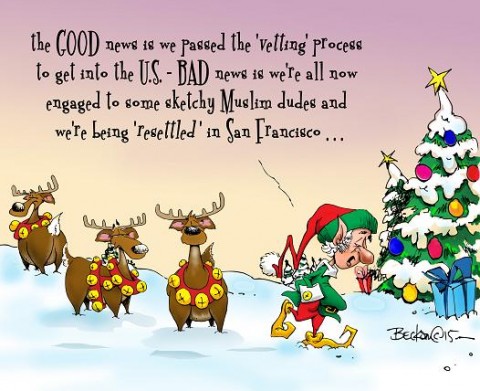(Editor’s note: The following is the beginning or a two part column written by Stan Welch. The total work deals with both the past and the future of our nation. Part is history; part is conjecture and opinion.)
By Stan Welch
There is an old – and largely true – saying that the winners write the history. At least it’s true as far as it goes. But if history isn’t valued, isn’t revered, isn’t taught to those who come after, to those charged with shaping that history into a future, what good is it?
Yes, the winners write the history, but the losers ignore it. Next week, America will celebrate two hundred and thirty eight years of history as a nation. Some would argue that the birth of this nation came later when the British had been defeated and the government had been formed and codified.
But on July 4, 1776, fifty six men stepped up to a table in the chamber of Independence Hall and signed the most remarkable secular document in human history. By doing so, those fifty six men literally pledged everything they had – their fortunes, their future, their honor, even their very live- in the pursuit of freedom.
The signing of the Declaration, nay, the simple act of writing it, was an act of treason and rebellion against the mightiest empire on earth. These men were under no illusions as to what their actions meant; nor how they would be answered by the Crown. They had slapped the British Lion right across the face, and they expected to be clawed.
Over the ensuing two hundred plus years, those men and their sacrifices have become dim shadows in our past; their stories watered down tales to be paid lip service once a year, if at all. But that does a terrible injustice to those men, and consequently, to the history, and perhaps the future, of this nation.
Five of those men were quickly captured and tortured by the British before they were executed. Twelve others had their homes burned and their property destroyed. Two lost sons during the war and two others had sons captured. Thomas McKean, a Delaware representative who was also elected to the state general assembly, was hounded by Tory and British troops and lived his life out as a fugitive. He died in poverty.
John Hart, of New Jersey, fled his wife’s deathbed, as he and his family of thirteen were scattered to the winds. He lived in the forests and caves for more than a year before dying penniless. Signatories Morris and Livingston, of New York, suffered similar fates. Many of the signers lived hand to mouth and from relative to relative.
At the pivotal battle of Yorktown, a Virginia delegate named Nelson urged General Washington to fire on his home, where the British had set up headquarters. The property was destroyed, and the battle was won. Carter Braxton, a Virginia merchant, watched his small fleet of trading vessels hounded and destroyed by the Royal Navy. He sold all he had to pay his debts and died penniless.
Closer to home, Georgians Hall, Walton, and Gwinnett all suffered the looting and destruction of their family homes and properties, losing all that they had. Heyward, Rutledge, and Middleton, of South Carolina, suffered tremendous losses as well.
















